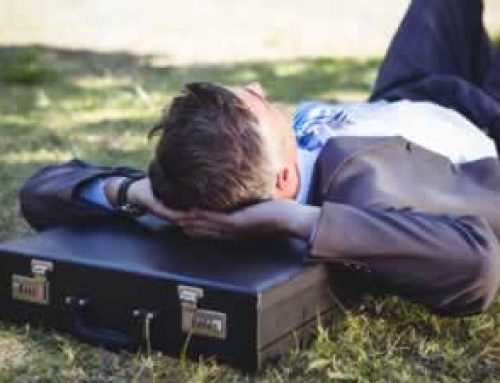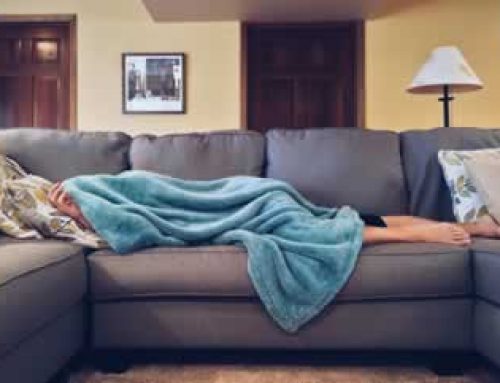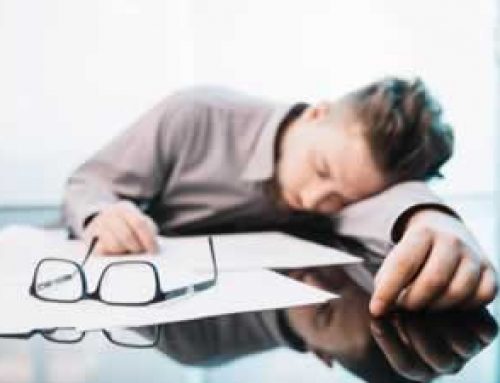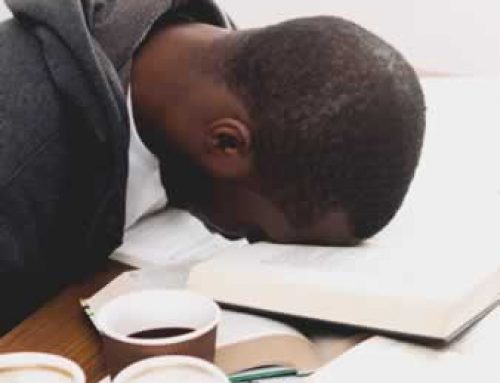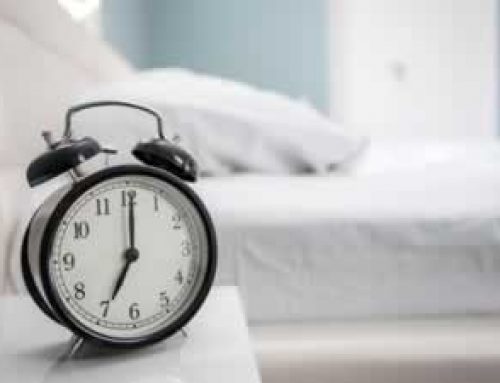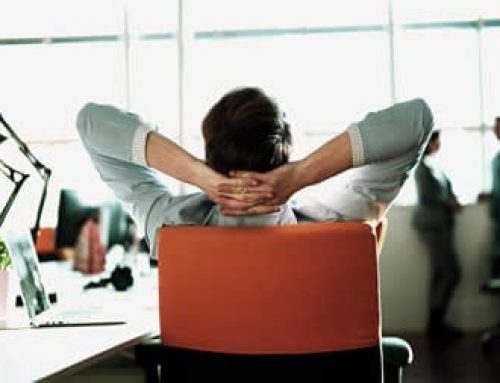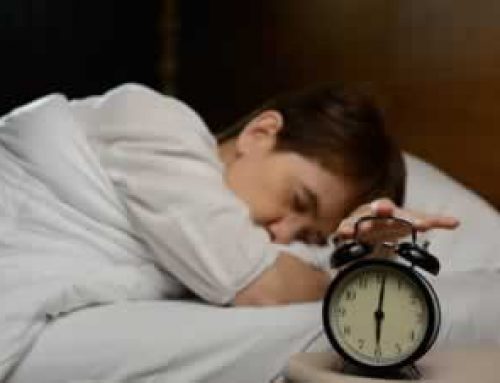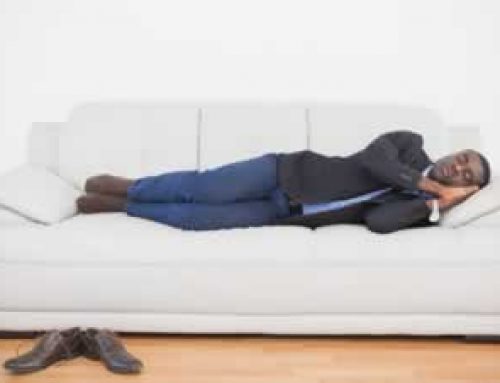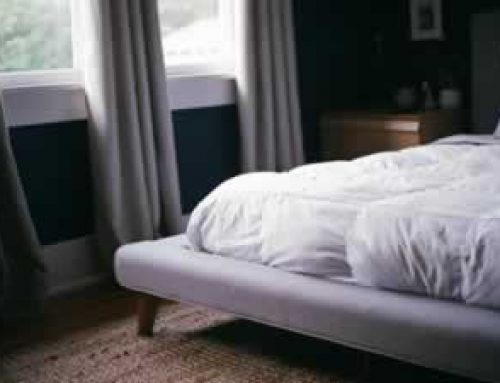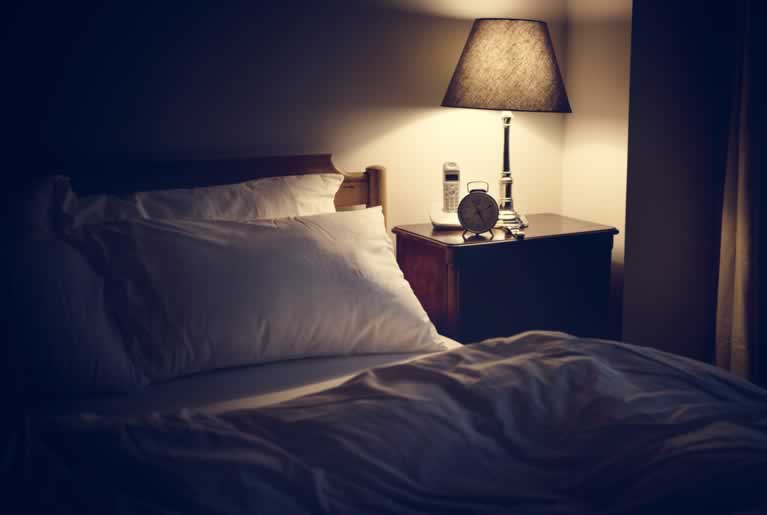
9 Interesting Facts on the Cost of Sleep Loss
The costs you’re personally paying for time spent awake when you should be sleeping
Not getting enough sleep? Did you know that you’re paying for your lost sleep in more ways than simply being tired? Those extra hours spent working late when you should be sleeping, hours spent lying awake in bed, and nighttime awakenings have real costs. The “Cost of Sleep Loss” can be significant and very damaging if you are experiencing chronic sleep loss. They include monetary and quality of life costs, ranging from immediate, short-term costs to ongoing, long-term costs. Here are nine ways that you may be paying for your sleep loss.
1. It’s Bad for Your Health
Adequate rest helps you function properly, whereas a lack of sleep affects systems throughout the body, including your nervous, cardiovascular, and digestive systems. Studies done by medical experts show that sleep deprivation can even affect the immune system in much the same way physical stress does. Your immune system weakens with the more sleep you lose. Your body’s white blood cell count is lowered and starts producing fewer and fewer antibodies, making you very susceptible to illness and much more difficult to fight off any illness you may have.
Sleep loss affects your ability to go about your day safely. The National Transportation Safety Board identified fatigue as a factor in nearly 20 percent of accidents involving all modes of transportation. Simply driving to work becomes more dangerous when you’re short on sleep. Your likelihood of becoming drowsy at the wheel greatly increases. Along with this comes a decrease in your reaction time and motor skills, and an increase in your chances of being in an accident. If your job involves any vehicles or heavy machinery, you’ll be at even further risk. Keep you, your family, and anyone else around you on the road safe by getting a good night’s sleep.
2. It Affects Your Family
The effects of sleep deprivation can follow you home. The University of Pittsburgh School of Medicine found that a night of bad sleep made both marital partners more likely to view their marriage negatively, even if just one spouse slept poorly. Waking up grouchy after a poor night of sleep greatly increases the chances of fighting with your spouse. As if that weren’t enough, researchers have found that poor sleep impairs your conflict resolution skills and reduces your ability to empathize with your partner. To make matters worse, research has shown that arguments and fights between spouses lead to poor nights of sleep, which can lead to more disputes the following day, creating an unhappy cycle no one wants to be a part of.
Sleep loss also affects your abilities as a parent. Studies have shown that a lack of sleep makes it more difficult to manage your emotions and may lead to the “zombie effect,” in which parents have a reduced ability to express joy. For the sake of your family, you need to sleep well.
3. It Increases Your Medical Expenses
People who don’t get enough sleep are more likely to have health issues. People who don’t get enough sleep are 15 percent more likely to have a stroke and 48 percent more likely to develop or pass away from heart disease. Additionally, people who sleep four hours or less each night have a 75 percent higher chance of being obese because sleep loss can affect appetite hormones. These are all medical conditions that can add up in terms of bills and medications. For the sake of minimal medical expenses, you need to sleep well.
4. It Raises Your Mortality Risk
An individual who sleeps less than six hours per night on average has a 13% higher mortality risk than a person sleeping between seven and nine hours. For people who get six to seven hours of sleep at night, the mortality risk is still 7% higher for all causes of death, including car accidents, stroke, cancer, and cardiovascular disease. For the sake of living a longer life, you need to sleep well.
5. It Hurts Your Work
Your lack of sleep can, and will, be detrimental to your work. Sleep deprivation negatively affects your mood, memory, logical reasoning, and ability to concentrate — the very things that help you excel at your job. Medical experts have found that a lack of sleep inhibits your decision-making abilities, which could lead to costly mistakes at work. A recent study found that the average worker loses over 11 days of productivity every year due to insomnia. Keep your job performance up by getting a quality night sleep every night.
6, It Increases Poor Decision Making
If you are not getting enough sleep, chances are you are more likely to make risky decisions. A lack of sleep means you don’t have as much dopamine in your system, which alters your decision-making skills. Sleep deprivation causes people to restrict their choices to decisions that promise bigger gains, which aren’t always the best ways to accomplish positive results. For the sake of your decision-making skills, you need to sleep well.
7. It Makes You More Accident-Prone
Driving while sleep deprived has proven to be dangerous for everyone on the roads. Up to 60 percent of car accidents involve a sleep-deprived driver, and 30 to 40 percent of all heavy truck accidents are caused by fatigue. Additionally, if you haven’t gotten enough sleep, chances are you are going to be a bit clumsier than normal, resulting in a higher probability of having an accident doing routine tasks around the home or office. For the sake of your safety and the safety of others, take the necessary steps to get a good night’s sleep.
8. It Increases Your Spending on Conveniences
When you are tired, you are less likely to take care of tasks on your own. Be it washing your car, making dinner, or cleaning your house. When you are tired, you are more likely to look to other people to take care of those tasks for you. In a tired state of mind, you think less about paying for people to wash your car, buying fast food, or hiring a housekeeper than usual and think more about resting on the couch. You can lose control of your budget quickly when it becomes too tired some to think things through and easier to pay someone else to do it. Keep control of your finances and start sleeping well again.
9. It Increases Your Caffeine Costs
If you are sleep deprived, you are more likely to shell out money for coffee or other forms of caffeine and rely on them to get you through the day. If you buy espresso every day to help you stay awake due to sleep deprivation, you can end up spending upwards of $5,000 per year. You can save some money by figuring out which caffeinated drinks give the best bang for your buck. However, the best thing for your wallet is to get more rest and decrease caffeine intake. The best thing for your sleep is also to reduce or eliminate your caffeine intake as caffeine inhibits your ability to fall asleep and to stay asleep during the night, which can inadvertently drive up your caffeine expenditures the next day. Don’t rely on multiple Starbucks runs to get you through the day, start relying on a good night’s sleep and increase your sleep quality today.
Final Thoughts
Skimping on sleep is not worth the risk. It can cause a multitude of factors that ultimately endanger you, your family, your work, and others around you. If you believe your sleep deprivation or inability to fall asleep may be due to a more serious sleeping disorder, let us help! Start by taking our online sleep assessment to get the answers you need. If the results of the assessment show signs of sleep apnea or another sleep disorder, arrange a visit with your physician today and conduct your home-based diagnostic testing with Vitalistics.
Stop putting yourself at risk and get back to enjoying a quality night sleep every night.


